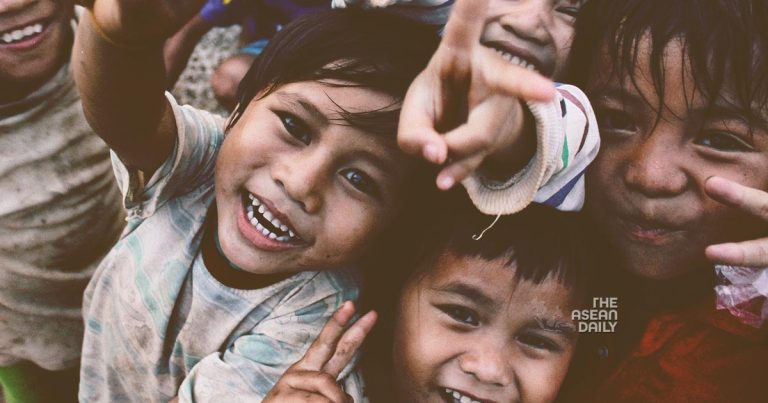30-6-2023 (KUALA LUMPUR) Human rights activists in Malaysia are calling for more consultations with civil rights groups before the proposed amendments to the Constitution on the fate of stateless children in the country are tabled in Parliament. While lauding the government’s efforts in dealing with stateless children born overseas to Malaysian mothers, activists have also urged the government to consider the plight of other stateless children in the country. The proposed amendments are likely to be tabled in the Dewan Rakyat later this year but could cast doubt on the status of stateless children who have been abandoned, born out of wedlock, or adopted. This is because these children would need to prove that they are children of Malaysians in their applications to become citizens.
Child Commissioner Dr Farah Nini Dusuki described the proposed amendments as “wilfully dangerous”, as they could lead to the exclusion of many stateless children. The Malaysian Human Rights Commission (Suhakam) supports the activists’ calls for more consultations with all relevant stakeholders to ensure that the weaknesses in the law and Federal Constitution are addressed for clarity. Child activist Datuk Hartini Zainuddin said that while addressing the plight of stateless children born to Malaysian mothers overseas is commendable, the issue of stateless children must be looked at in its entirety.
The proposed amendment will see the word “father” be replaced by the word “parent” in Article 14(1)(b) regarding citizenship for children born overseas to Malaysian mothers. Other proposed amendments will see the exclusion of application for citizenship by children born in the country to permanent residents under Article 14(a). The words “permanent residents” will be removed from the provision. Currently, children born to Malaysian fathers and permanent residents can apply for citizenship under the Federal Constitution. Other proposed amendments will have the effect of creating a “new class” of stateless children born in the country whose parents’ nationalities are unknown, according to child activists.
Director of the development of human resources for rural areas social protection, Maalini Ramalo, has called for more meetings with the government before the proposed amendments are tabled. She has highlighted the importance of the National Registration Department and the Home Ministry working hand-in-hand with various entities and stakeholders to achieve a more amicable solution. Activists are also calling for the proposed amendment to Article 15 (1) to allow a foreign man married to a Malaysian woman to have the right to apply for citizenship to be included. Article 15(1) currently only applies to women married to Malaysians.




